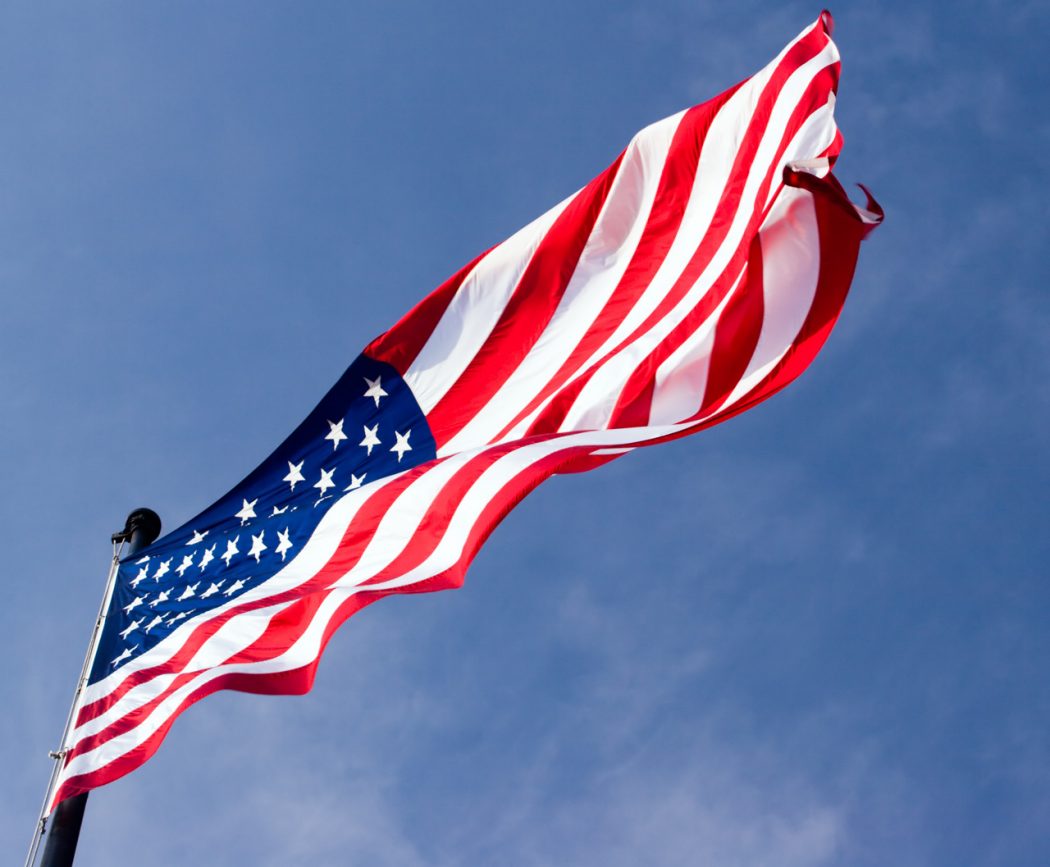First, I have to tell you that there’s an expression in my part of the world that doesn’t always translate, even when it’s spoken in English: “We are together.” It’s sympathy, a thing you say when someone’s going through something life-alteringly difficult, like illness or loss. Back home, we might say “I’m thinking of you,” but over here, where community is valued so differently, and so much more, thinking of you would never be enough. Being with you — that’s the thing. Comfort comes from the community you are part of, and that is part of you.
So: I am at a deli counter in Nairobi, asking for cheese, asking for ham. As the lady hands me my cold cuts, she asks me, “Are you American?”
I smile, nod, say “Yes!” I realize, only when I see her face, that it’s not that kind of question — which is to say, it usually is that kind of question, one where someone smiles and asks you about a thing they love from America, a place their cousin is going, or some other bit of joyful trivia.
It is not that kind of question anymore.
Her face is mourning. “The election?” It’s more polite gesture than query, leaving space for me to say something else, and for her to retreat quietly. But as asks, my face mourns too.
“We are so, so sorry,” she says.
Now I have to tell you this: My face is not partisan. I’m not mourning because I love Democrats or because hate Republicans. Like a lot of people, I think our system is broken and it’s all of their fault.
My face is mourning because I loathe him as a human being, and I’m allowed to loathe him, because of what he’s said about Muslims and Mexicans, because of what he’s said and done to women, because of the hatred he’s created space for. He took the community that I am a part of, and that is part of me, and he disfigured it, drawing out its deepest ugliness and asking us to accept that — that — as what makes America great.
“It’s shocking,” another deli counter woman says. “We were shocked.”
“We couldn’t even work yesterday. We were between sadness and not even believing.”
“It’s not just us. All the customers, wherever they are from. There was a lady from Belgium so sad it was like she was American.”
“It’s sad for us too,” the first woman says. I think she means that she’s lost something, too — because for so long, everywhere I’ve been, everywhere I’ve worked, people admired America’s ideals. They believed in them, and in us — which we didn’t deserve even before, given all the horror we’ve let loose on the world — and they thought our ideals were something they could have a piece of, too.
But that’s not what she means. “We have family there,” she says. “Some of them are Muslims. What will happen to them?”
“Even the ones who are not Muslims,” the other woman says, “what about them? Can they stay? If they can’t stay, what will happen to us? They are the ones sending us money for school fees, for what to eat.”
I tell them, I don’t know. I thank them. I say I am worried about their relatives, too. We agree that we hope for the best, and that the best is that he won’t actually do some of the things he says.
But I think about what I heard on NPR as I drove to the deli, that when the President-Elect of the United States of America heard that some of the citizens he now represents were engaging in the most fundamental American ritual of all — protesting publicly for what they believe in — their new President, our new President, said these Americans were “professional protestors, incited by the media” and that it was all “very unfair.”
So I’m not so sure that we aren’t in for four years of exactly who this man has already show us he is.
Masha Gessen, a Russian journalist who knows whereof she speaks, wrote:
“Rule No. 1: Believe the autocrat. He means what he says.”
“Really, we are sorry,” the second deli woman says.
“We are. We are so so sorry,” the first woman says.
I thank her and turn to go.
She says, “And we are together.”





